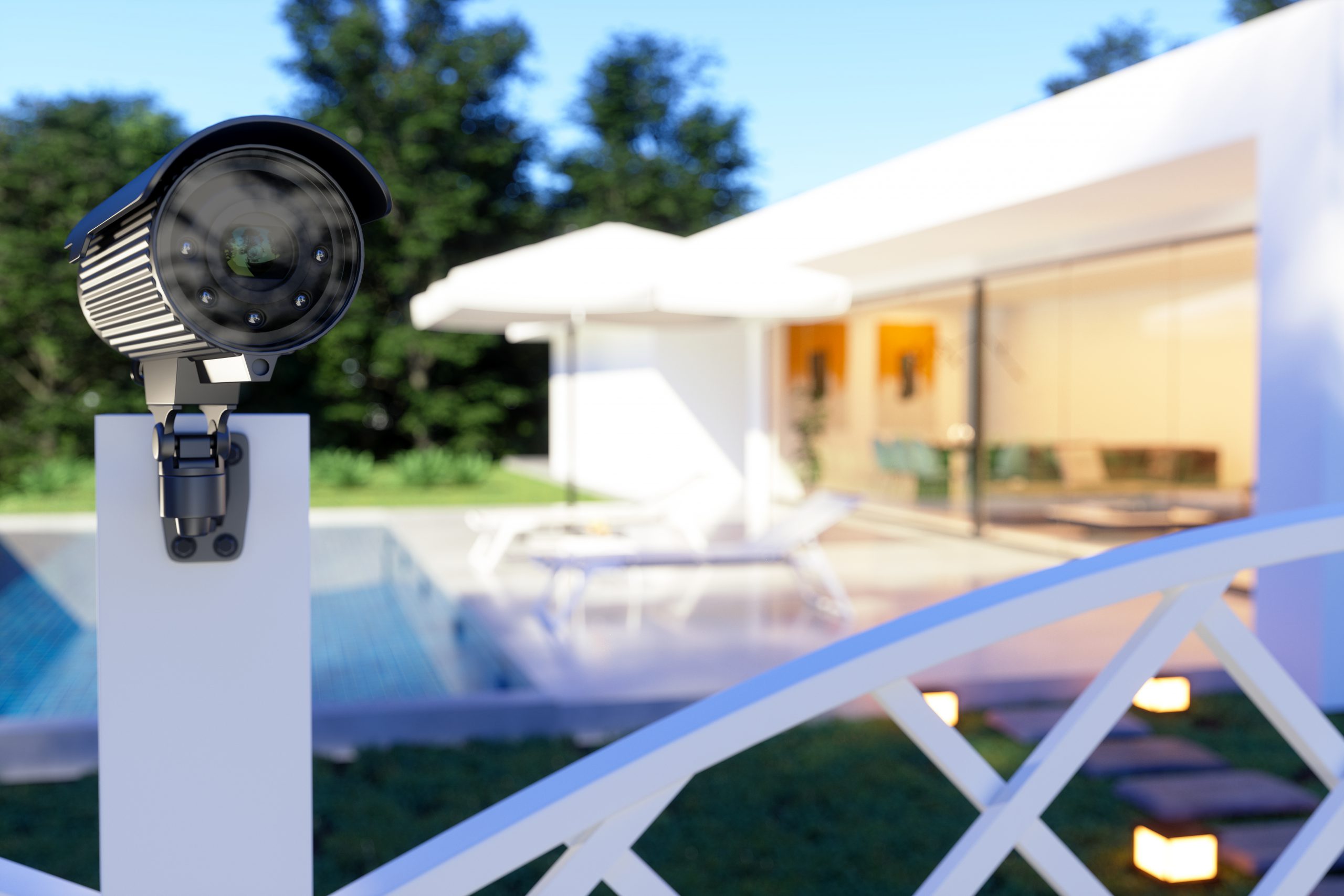
One question that vexes many homeowners when they go away for the weekend or even on an extended vacation is whether to leave on the lights to give the impression someone is present.
And is there any point in keeping the exterior lights on?
Is any burglar really going to be fooled? Motion sensor lights are a great idea, but are they a deterrent?
Debate continues to rage on these questions between owners, security experts and even police departments.
Some folks complain that leaving your exterior lights blazing at night disturbs neighbors, wastes energy and upsets local wildlife.
Interestingly, FBI figures show daytime burglaries are more common than those at night. Of course, burglars probably “case” homes in many instances and will notice a house empty when the owners are at work. Nevertheless, FBI numbers suggest almost twice as many home break-ins occur during the day than at night.
Robberies in the home – that is, intrusion with violence – is only around 5% of the overall figure.
Security experts say poor exterior security lighting can actually attract unwanted attention. You should position lights to illuminate the approaches to your home – garden paths and driveways – rather than spotlight entry points, such as front and back doors.
Here are some key pointers for home security based on research:
Best solution – Police and security experts generally advise against 24/7 static lighting. Motion sensors or smart timers that mimic occupancy are recommended as part of a multi-faceted approach to home security.
Layered security – Do not use lights as your only deterrence. They should be part of a layered solution that can feature CCTV, alarm system, smart door locks, window locks and even bars in areas of high crime. Most residential burglaries happen between 10am and 3pm.
Friendly neighbors – Another great deterrent is to inform neighbors of your absence. Police suggest a good Neighborhood Watch program is highly effective in dissuading intruders.
Failed decoy – A single light left on constantly for extended periods (especially when you’re away) can actually become a signal that no one is home. Savvy burglars will recognize a static lighting pattern as a decoy.
Accidental helper – Some police sources suggest leaving lights on might actually help intruders by illuminating their actions, especially in areas without good street lighting or on rural properties. Going dark might be a better strategy.
